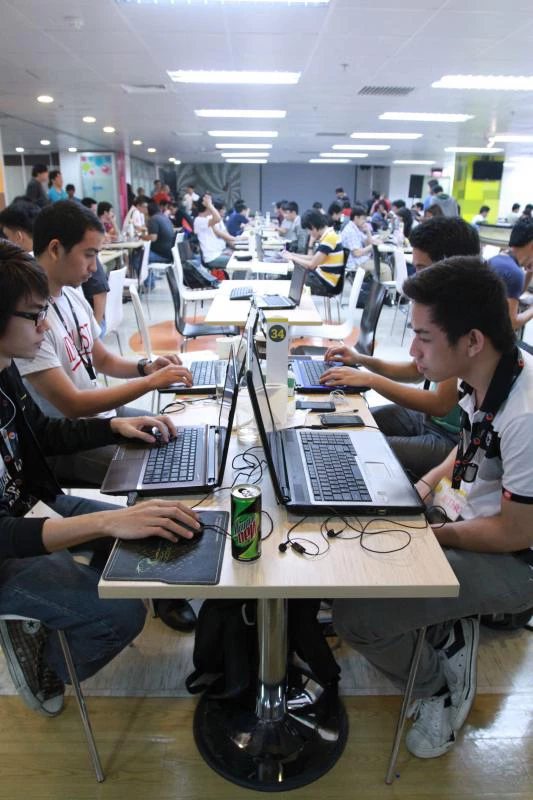(The author works for the Department of Budget and Management and is the Co-Lead Coordinator for the Open Data Philippines Task Force in the Philippines that organized the open data program of the government.)
The Philippines has risen from being a laggard in Asia to an emerging economy fueling growth in the region. The government’s program of transparency and anti-corruption, the bedrock of President Benigno Aquino’s leadership, has served as the nation’s springboard for reforms.
However, the question that I always hear being raised by analysts, the business community, and fellow Filipinos pertain to sustainability. Can the Philippines sustainably improve amidst periodic political risk? In point, will the agenda of transparent, accountable, and participatory governance be carried out by the next administrations?
On January 16, 2014, the Philippine government will be launching its open data program and portal called Open Data Philippines. The objective is to surface public sector datasets, release them in open formats (avoiding PDFs, for example), and centralize their publication through data.gov.ph. Upon launch, expect around 400 datasets on high value public sector information such as budget, transportation, education, and procurement. Further, the premium with the Philippines’ open data portal is an emphasis on visualizations – to bring data alive through dashboards, infographics, and other creative applications.
The Road to Open Data
The government’s open data taskforce, having begun the work only 9 months ago, feels that the initial intra-government dialogue has already borne fruits and a paradigm shift has taken root.
To prepare the national government and stakeholders for an open government data regime, the team conducted a number of outreach activities catering to government, civil society organizations or CSOs, and the tech community.
Having only learned of the open data movement itself only on the same month our team was formed, I was sure that the idea would be equally alien to our colleagues in other government agencies. Hence, our first salvo was an Open Data Master Class for senior government officials and a Boot Camp for technical government personnel.
While there is appetite for data disclosure within government, the uphill trek, as I sensed from these events, is a paradigm shift on how to make data open. The challenge was evangelizing the government on the advantages of machine-readable formats, APIs, metadata, and other elements that make open data what it should be – open.
One nugget of wisdom we picked up in a consultation with local CSOs and tech groups in Davao City is that data can be locally actionable. A few participants conveyed to us that one of the datasets that they were looking for are open maps on conflict and peace-building in Mindanao, given its history of conflict and the ongoing peace negotiations.
Our team’s most recent outreach event was a hackathon called #KabantayNgBayan, a play on words that translates to ‘guardians of the nation’s coffers’. Around 90 developers created budget transparency apps in a span of less than 24 hours. It was the first time that budget datasets were released in open formats.
 |
| Participants in the #KabantayNgBayan hackathon created apps to promote transparency in government last November 2013 |
We are ambitious in moving forward to see that Open Data Philippines becomes a gold standard – a new normal, even – in Philippine governance. After all, it’s the commitment the government made in the recent Open Government Partnership (OGP) summit in London. As one of the 8 founding governments of the OGP, the Philippines is in a unique position to lead in this area.
At a time when the public is absorbed in seeing that irreversible reforms in transparency and good governance are secured – and rightly so – open data will be the newest tool in town. And I think it will be the coolest one too.
Join us as we launch Open Data Philippines during the 3-day Good Governance Summit on January 15-17, 2014. You can check out data.gov.ph beginning 11:00am (Philippine Standard Time) on January 16. I also encourage you to like our Facebook page (facebook.com/datagovph) and follow our Twitter account (@datagovph). You can follow the Summit by checking the event hashtag #GoodGovPH or following live tweets from @datagovph or @DBMph.
What can we learn from existing open government data practices in other countries? We hope you can share your thoughts with us!


Join the Conversation